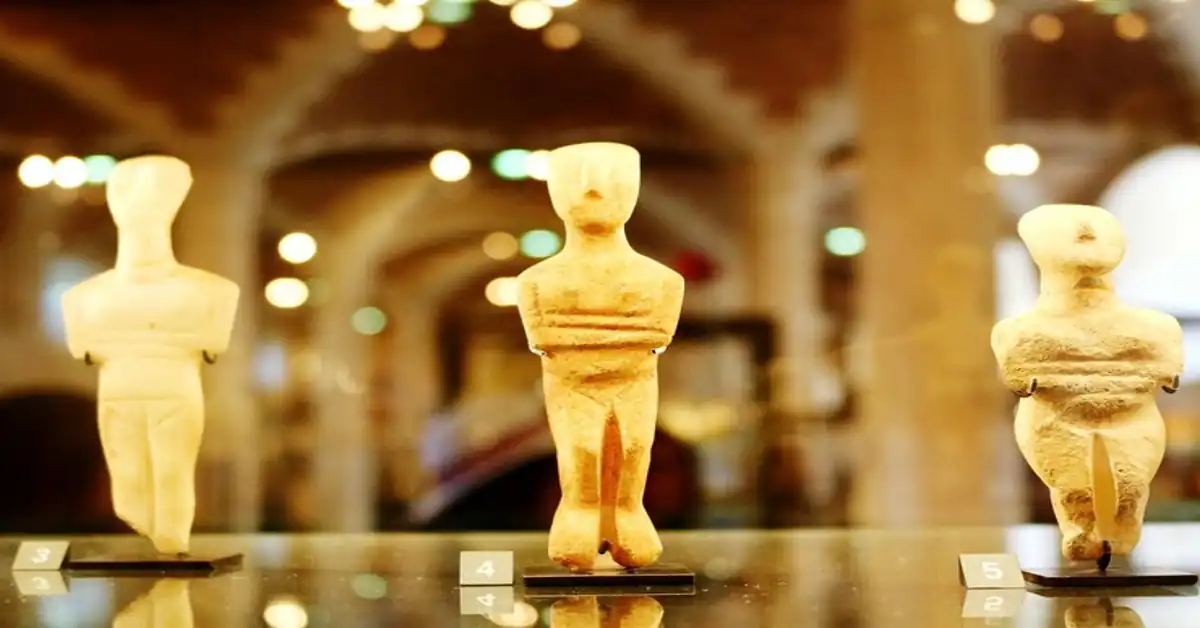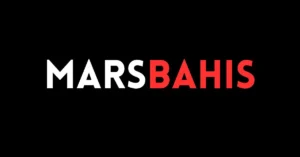In a world increasingly connected by digital platforms yet often fragmented by cultural erasure, surnames offer a surprisingly powerful lens into lineage, migration, social evolution, and identity. One such name—Prosecchini—serves as a quiet but enduring testament to the historical rhythms of family, region, and adaptation.
While not globally renowned like Medici or Borgia, the name “Prosecchini” tells a story deeply embedded in Italian heritage, diaspora dynamics, and the lived experiences of generations who carried it. Through a detailed exploration of this surname—its etymology, regional roots, cultural context, and modern representation—this article aims to highlight how even the most modest names can unlock narratives far larger than themselves.
This is not just about one name; it’s about the very essence of names as vessels of memory and belonging.
READ MORE: The Code Behind the Curtain: What Is 3381012544 and Why It Matters Now
I. Etymology and Origins of the Name “Prosecchini”
A Linguistic Snapshot
Like many Italian surnames, Prosecchini appears to have a regional and patronymic origin. Its construction suggests a diminutive or pluralized form, common in Italian nomenclature—“-ini” often indicates familial lineage or a group of people belonging to a progenitor. The root “Prosec-“, while less commonly found in Italian dictionaries, may derive from older Latin roots such as “prosecutio” (meaning pursuit or continuation), hinting at either an occupational or metaphorical basis.
Geographic Roots
Archival data and linguistic patterns suggest that the surname Prosecchini likely emerged in central Italy, potentially within regions like Umbria, Lazio, or Marche, areas known for their complex feudal histories and deeply rooted agrarian economies. Families in these regions often retained surnames that linked them to trade, local customs, or noble affiliations, even if in subtle ways.
II. Socio-Historical Context
Medieval Italy: The Birthplace of the Surname
The surname system in Italy solidified between the 11th and 15th centuries, driven by record-keeping for taxation and land ownership. In this context, Prosecchini may have first appeared in tax rolls, ecclesiastical records, or property registries as rural communities were increasingly documented.
Given the timing, it’s likely that the earliest Prosecchini individuals were either small landowners, yeomen, or professionals involved in local administration—roles that required stability and status, even if not aristocratic power.
Migration and Diaspora
In the late 19th and early 20th centuries, Italy experienced waves of emigration due to poverty, political unrest, and the lure of economic opportunity abroad. Members of the Prosecchini family may have been part of the Italian diaspora that migrated to North and South America, Australia, and parts of Western Europe.
In these host countries, Prosechini individuals would have had to navigate identity in new linguistic and cultural landscapes, sometimes anglicizing their names or integrating into larger Italian-American communities while maintaining aspects of their original heritage.
READ MORE: Gocryptobet.com and the Future of Betting in the Crypto Economy
III. The Cultural Weight of a Surname
Prosecchini as Identity
For many descendants of Italian immigrants, surnames like Prosecchini serve as anchoring points—a link to a homeland they may have never seen, yet which lives in food, language, faith, and family traditions. In Italian culture, surnames often carry implied regionality, dialect, and even social standing. They shape not only how individuals are perceived but how they perceive themselves.
Representations in Literature and Media
Unlike surnames that have become brands or political symbols, Prosecchini has retained a kind of cultural privacy. However, in regional Italian literature, surnames resembling Prosechini have appeared in depictions of rural family life, village politics, or post-war memoirs, typically as names grounded in tradition, decency, and generational continuity.
IV. Modern-Day Presence and Digital Legacy
Global Distribution
Today, the Prosechini name exists across continents. In Italy, its occurrences may still be concentrated in traditional regions. Abroad, however, the name reflects the diaspora’s journey—scattered but traceable through immigration records, digital ancestry databases, and social networks.
The Digital Afterlife of Surnames
In the 21st century, names like Prosechini live online—on social media, in genealogy forums, and digital obituaries. Sites like Ancestry.com or Geni.com now host profiles of Prosecchini family trees, allowing distant relatives to reconnect across borders. Moreover, the use of the name in domain registrations, blogs, or social causes hints at its continued evolution.
V. Genealogy: Tracing Your Prosecchini Lineage
For individuals interested in tracing their Prosecchini ancestry, the path involves both public record research and oral history. Key steps include:
- Church and Civil Registries in Italy: These may hold marriage, baptism, and property records dating back centuries.
- Ellis Island Records: If ancestors migrated to the U.S., records from the early 1900s may include the name.
- DNA Testing: Platforms like 23andMe or MyHeritage may link genetic markers to regions of Italy with a Prosechini presence.
- Oral Interviews: Elder family members often hold stories, customs, and naming patterns not documented elsewhere.
VI. Prosecchini and the Future of Heritage
As younger generations grapple with questions of identity, belonging, and global citizenship, surnames like Prosechini may offer a deeper anchor. Whether through family reunions, heritage travel, or digital storytelling, the name continues to evolve—blending past, present, and future in new ways.
Some families have even begun initiatives like:
- Publishing family history books
- Launching Prosecchini family podcasts or YouTube channels
- Creating interactive family trees using blockchain for immutability
In each of these, the goal is not nostalgia—but intergenerational storytelling that empowers.
Frequently Asked Questions (FAQs)
1. What does the name Prosecchini mean?
The name likely derives from Latin roots, suggesting continuity or lineage. The suffix “-ini” implies familial or collective identity in Italian.
2. Where is the name Prosecchini most common?
It likely originated in central Italy, particularly in regions like Umbria, Lazio, or Marche, and is now found in diaspora communities globally.
3. How can I trace my Prosecchini ancestry?
Start with church and civil registries in Italy, immigration records in your country, and online genealogy tools like Ancestry.com.
4. Is Prosecchini related to nobility or a specific profession?
While there’s no confirmed noble link, the name’s structure suggests ties to early landowners or local administrators in rural Italy.
5. How has the name Prosecchini adapted in modern times?
It has appeared in global digital platforms, online genealogy databases, and personal family branding efforts, adapting to new cultural contexts.









